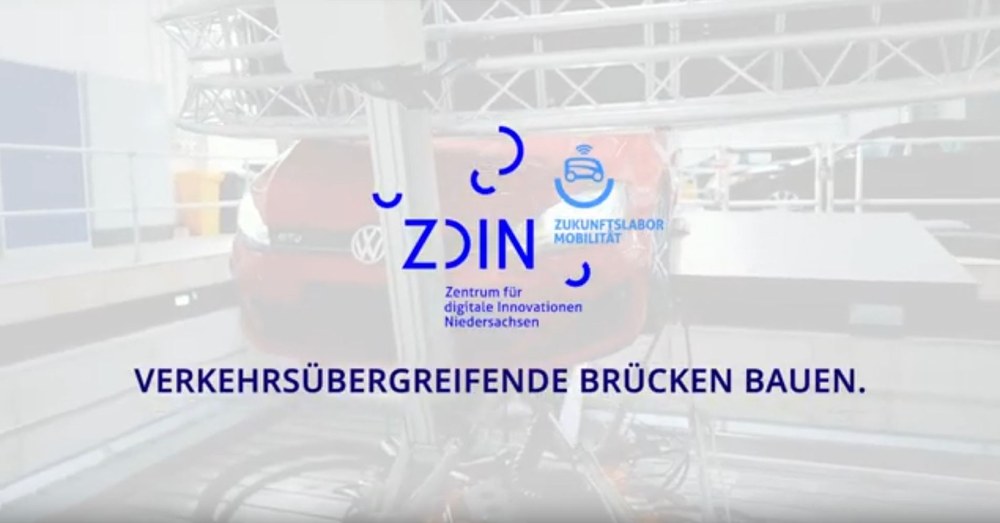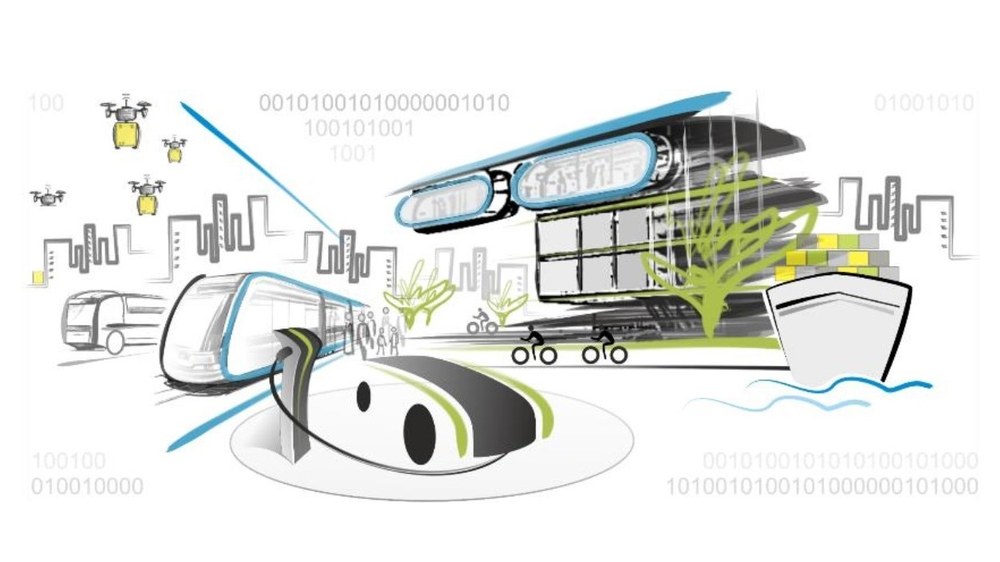MWK Future Lab Mobility
The volume of traffic is increasing not only in Lower Saxony, but worldwide. This is leading to changes in mobility needs and with them to changes in the requirements for mobility solutions, particularly with regard to speed, safety, reliability, cost-effectiveness, flexibility, energy efficiency and environmental compatibility. Digitalisation is an essential basis for new solutions and business models, for example through networked (autonomous) vehicle systems and functions based on environment and situation recognition, navigation, control, human-machine interfaces, as well as communication, interaction and cooperation. Mobility concepts of the future will be characterised by a stronger combination of different mobility carriers and will further integrate the transport of people and goods. Intermodality requires better networking of the mobility carriers with each other and with the users and thus a cross-transport system view of technologies and processes for collecting, analysing and providing data. The guiding principle of the MWK Future Lab is therefore from intelligent vehicles to integrated mobility.
Central aspects are digitalised and intermodal mobility concepts, digital services, intelligent traffic and transport systems, vehicle systems and functions, security and data protection of mobility-related data as well as intelligent, data-based applications, which are each examined in more detail in the individual research groups.
Among other things, the MWK Future Lab focuses on the intermodal mobility chain from door to door, as well as the selection and combination of different modes of transport and services on roads, rail and water. In addition to the individual vehicle, mobility encompasses all modes of transport and thus represents the entire mobility system. User-centred approaches based on individual needs are being analysed. Nine universities and research institutions from Lower Saxony are working hand-in-hand in the Future Mobility Lab. We are in charge of CRF3 of the Future Lab and are primarily concerned with future scenarios and their requirements for the future. The content is an important cornerstone of our strategy research and also opens up a lot of potential for us externally.

Mobility of the future: intelligent vehicles | ZDIN Future Mobility Lab
Your consent to the storage of data ('cookies') is required for the playback of this video on Youtube.com. You can view and change your current data storage settings at any time under privacy.
Zentrum für digitale Innovationen Niedersachsen
Project title and -website:
MWK-Zukunftslabor Mobilität (MWK_ZL) (in English: MWK Future Lab Mobility)
Duration:
10/2019 to 09/2024
Project volume:
€ 614.981,00
Contracting authority:
Ministry of Science and Culture of Lower Saxony (MWK)
Project coordinator:
NFF
Project participants:
The Carl von Ossietzky University of Oldenburg
DLR Institute of Systems Engineering for Future Mobility
DLR Institute of Transportation Systems
Georg-August-University of Göttingen
HS Osnabrück
Leibniz University of Hannover
Ostfalia Wolfenbüttel
TU Braunschweig
TU Clausthal




